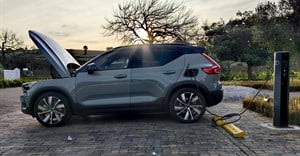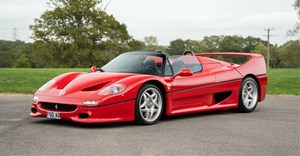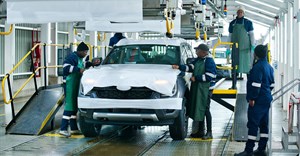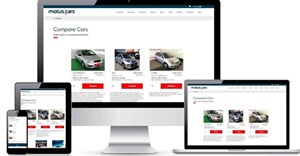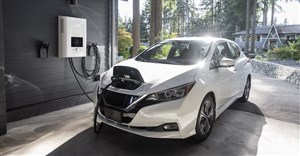Trending
Elections 2024
Jobs
- Technical Support Advisor East Rand
- Pre-owned Vehicle Sales Executive Middelburg
- New Vehicle Sales Executive - Commercial Johannesburg South
- Parts Picker and Packer - Trucks East Rand
- Motor Vehicle Technician Johannesburg South
- 12-Month Automotive Learnership Opportunity Pinetown
- Parts Picker and Packer Cape Town
- Sales Executive Johannesburg
- Vehicle Technician Umhlanga
- Service Advisor Pretoria East
Should you buy a new or pre-owned car?
Given the economic uncertainty facing the country – with it now being in the midst of a technical recession - motorists may be even more wary of making the ‘wrong decision’ and ending up with unaffordable monthly payments or exorbitant maintenance bills to pay.
Greig Hains, managing director at motor financial service provider, MotorVaps - highlights that when deciding whether to buy a new or used car, it is best to weigh up the pros and cons and then evaluate which approach would best suit your unique needs – and your wallet.
Informed decision
“Neither choice is better than the other, but you need to educate yourself on the benefits and the drawbacks of each so that you can make an informed decision and be prepared for any future expenses,” he says.

The first factor to consider, according to Hains, is peace of mind. “This is especially important when the economy is so unstable and the cost of labour and parts are unpredictable. As a car owner, you want to know that if something serious goes wrong with your vehicle, you are protected from having to pay to fix it out of your own pocket. This is where investing in motor financial services products like a warranty really pays off.”
“The benefit of purchasing a new car, in this instance, is that most come with a manufacturer warranty, covering the car for mechanical or electrical faults for a set period of time. Pre-owned cars, on the other hand, don’t always come with a warranty – original or otherwise,” he says.
If the used car dealership you are purchasing from doesn’t include an extended warranty in your deal, Hains suggests investigating whether the pre-loved car you want qualifies for one and purchasing it yourself.
“You have to keep in mind that used cars have existing wear-and-tear and are therefore more likely to experience mechanical problems. Ensuring that you have a mechanical warranty is always a must in my opinion,” he explains.
The finances...
Another consideration Hains points out is finance terms.
He says, “The finance terms of some new vehicles can seem too good to be true - sadly, sometimes they are. While you may not need to pay for the car at all for the first few months or would only need to pay a really affordable amount, this can be because you will need to make a Balloon Payment later down the line. This might not be the best approach for everyone.”
“Luckily, it is an option to finance a pre-owned car if you don’t have the full amount in cash. Remember, to read the terms very carefully to avoid any costly surprises,” Hains explains.
He highlights that with five fuel price hikes already this year, and another expected end of October, fuel efficiency is a critical consideration when assessing the costs of a vehicle long-term.
“Many newer cars, models from about 2012, have smaller engines with a turbo for increased power. If driven correctly, this can help to reduce fuel consumption massively. Compared to some older, gas-guzzling cars, a new car with a small engine may be a more economical choice.”
“Ultimately, it really does come down to personal preference and what matters most to the person behind the wheel. Regardless of whether you are in the market for a new or used car, it is always worthwhile researching your options and ensuring you find the best deal for you,” Hains concludes.









